The Nigerian government has defended its plan to borrow $21.5 million and ¥15 billion and obtain a grant of €65 million.
On Tuesday, President Bola Tinubu, in a letter, requested the National Assembly’s approval to obtain the loans.
Many Nigerians have criticised the loan request.
Some critics, including economists and civic advocates, have questioned the necessity of external borrowing in the aftermath of the fuel subsidy removal, a policy that was expected to free up resources for domestic development.
They argue that the subsidy removal should have created fiscal space to meet the nation’s financial needs without resorting to additional borrowing. Some others are concerned about Nigeria’s rising debt profile and the long-term implications for future generations.
But in a statement on Wednesday, the Director of Information and Public Relations at the Fedetal Ministry of Finance, Mohammed Manga, explained that the proposed borrowing strategy is structured, strategic, and aligned with Nigeria’s long-term economic objectives.
He said the funds are earmarked for the 2025–2026 fiscal period and are part of the Medium-Term Expenditure Framework (MTEF).
Nigerians need credible journalism. Help us report it.
Support journalism driven by facts, created by Nigerians for Nigerians. Our thorough, researched reporting relies on the support of readers like you.
Help us maintain free and accessible news for all with a small donation.
Every contribution guarantees that we can keep delivering important stories —no paywalls, just quality journalism.
MTEF is a planning and budgeting tool that helps the government manage its finances over a medium-term period, typically three years.
Mr Manga said the proposed borrowings will be directed toward important development projects critical to national growth and stability.
He explained that the borrowing plan is in accordance with the Fiscal Responsibility Act of 2007 and the Debt Management Office (DMO) Act of 2003.
He said the funds will be used to support several infrastructure and security initiatives of the government including expansion and upgrade of power grids and transmission lines, development of irrigation systems to boost food security, installation of a nationwide fibre optics network, procurement of fighter jets to strengthen national security and enhancement of rail and road infrastructure across geopolitical zones.
The director noted that the projects will span multiple states including Abia, Bauchi, Borno, Gombe, Kaduna, Lagos, Niger, Oyo, Sokoto, and Yobe, reflecting a national development agenda.
“The borrowing plan does not equate to actual borrowing for the period. The actual borrowing for each year is contained in the annual budget. In 2025, the external borrowing component is US $1.23 billion, and it has not yet been drawn. This is planned for H2 2025. Also, the plan is for both federal and several state governments across numerous geopolitical zones, including Abia, Bauchi, Borno, Gombe, Kaduna, Lagos, Niger, Oyo, Sokoto, and Yobe States.
“Importantly, it should be noted that the Borrowing Rolling Plan does not equate to an automatic increase in the nation’s debt burden. The nature of the rolling plan means that borrowings are split over the period of the projects. For example, a large proportion of projects in the 2024. – 2026 rolling plan have multi-year draw downs of between 5 – 7 years, which are project-tied loans.
“These projects cut across critical sectors of the economy, including power grids and transmission lines, irrigation for improving food security, fibre optics network across the country, fighter jets for security, and rail and road infrastructure,” he added.
Nigeria’s debt profile
According to Nigeria’s Debt Management Office (DMO), as of 31 December 2024, Nigeria’s total public debt stood at N144.7 trillion (approximately $94.2 billion). About 51.4 per cent of the total (N74.4 trillion) is domestic debt while 48.6 per cent (N70.3 trillion) is external debt.
The rising debt has resulted in increased debt servicing costs. In 2023, Nigeria spent N7.8 trillion on debt servicing, a 121 per cent increase compared to N3.52 trillion in the previous year. The amount spent on debt servicing rose to N13.12 trillion in 2024, a 68 per cent increase from the 2023 figure. These high debt servicing costs means less funds for important sectors such as infrastructure and social services, potentially hindering economic growth and development.
No immediate obligation on loans
However, Mr Manga clarified that the proposed loans are not immediate debt obligations but part of a rolling borrowing plan that guides borrowing over a three-year period.
He noted that the 2025 borrowing component is $1.23 billion and the money has yet to be drawn.
The director added that most of the funding will come from multilateral and bilateral development partners such as World Bank, African Development Bank, French Development Agency, European Investment Bank, Japan International Cooperation Agency (JICA), China EximBank and Islamic Development Bank.
These loans, he said, come with concessional terms and long repayment periods, ensuring sustainability and manageable repayment schedules.
“The majority of the proposed borrowing will be sourced from Nigeria’s development partners, including the World Bank, African Development Bank, French Development Agency, European Investment Bank, JICA, China EximBank, and the Islamic Development Bank. These institutions offer concessional financing with favourable terms and long repayment periods, thereby supporting Nigeria’s development objectives sustainably,” he added.
Debt sustainability and revenue mobilisation
Mr Manga said Nigeria’s debt management strategy prioritises sustainability, transparency, and economic impact.
He said the country’s debt service to revenue ratio has begun to decline from its 2023 peak of over 90 per cent, attributing this to the end of “distortionary and inflationary” financing methods.
Mr Manga also stated the government had set ambitious targets for domestic revenue generation through reforms such as enhanced remittances from the NNPC Ltd, technology-enabled revenue tracking from Government-Owned Enterprises (GOEs), improved collections from MDAs and outstanding obligations
“The government seeks to reiterate that the debt service to revenue ratio has started decreasing from its peak of over 90 per cent in 2023. The government has ended the distortionary and inflationary ways and means.
“There are significant revenue expectations from the Nigerian National Petroleum Corporation (NNPC) and technology-enabled monitoring and collection of surpluses from Government Owned Enterprises and revenue-generating ministries, departments, and agencies, including legacy outstanding dues,” he said.
Economic outlook
Mr Manga also noted that the government’s intention was to transition the economy toward inclusive and sustainable growth.
He said external borrowing, when added to productive investments, will help lay the foundation for diversification and long-term prosperity.
“Having achieved a fair degree of macroeconomic stabilisation, the overarching goal of the federal government is to pivot the economy onto a path of rapid, sustained, and inclusive economic growth. Achieving this vision requires substantial investment in critical sectors such as transportation, energy, infrastructure, and agriculture. These investments will lay the groundwork for long-term economic diversification and encourage private sector participation.
“Our debt strategy is therefore guided not solely by the size of our obligations but by the utility, sustainability, and economic returns of the borrowing. Ensuring that all borrowed funds are efficiently utilized and directed toward growth-enhancing projects remains a top priority,” he said.
Mr Manga called for continued legislative oversight and constructive public engagement, emphasising that future borrowing will remain within the framework of the DMO’s Debt Sustainability Analysis and ensuring the nation’s economy is not compromised.
“In conclusion, the government remains committed to keeping borrowing within manageable and sustainable limits in accordance with the DMO Debt Sustainability Framework. The ongoing tax reform agenda and other revenue initiatives will further improve revenue generation and prudent financial management.
“We reaffirm our dedication to fiscal discipline, transparency, and accountability. Constructive public engagement and legislative oversight are vital components of our journey toward long-term economic stability and inclusive national prosperity,” the director stated.
Support PREMIUM TIMES' journalism of integrity and credibility
At Premium Times, we firmly believe in the importance of high-quality journalism. Recognizing that not everyone can afford costly news subscriptions, we are dedicated to delivering meticulously researched, fact-checked news that remains freely accessible to all.
Whether you turn to Premium Times for daily updates, in-depth investigations into pressing national issues, or entertaining trending stories, we value your readership.
It’s essential to acknowledge that news production incurs expenses, and we take pride in never placing our stories behind a prohibitive paywall.
Would you consider supporting us with a modest contribution on a monthly basis to help maintain our commitment to free, accessible news?
TEXT AD: Call Willie - +2348098788999






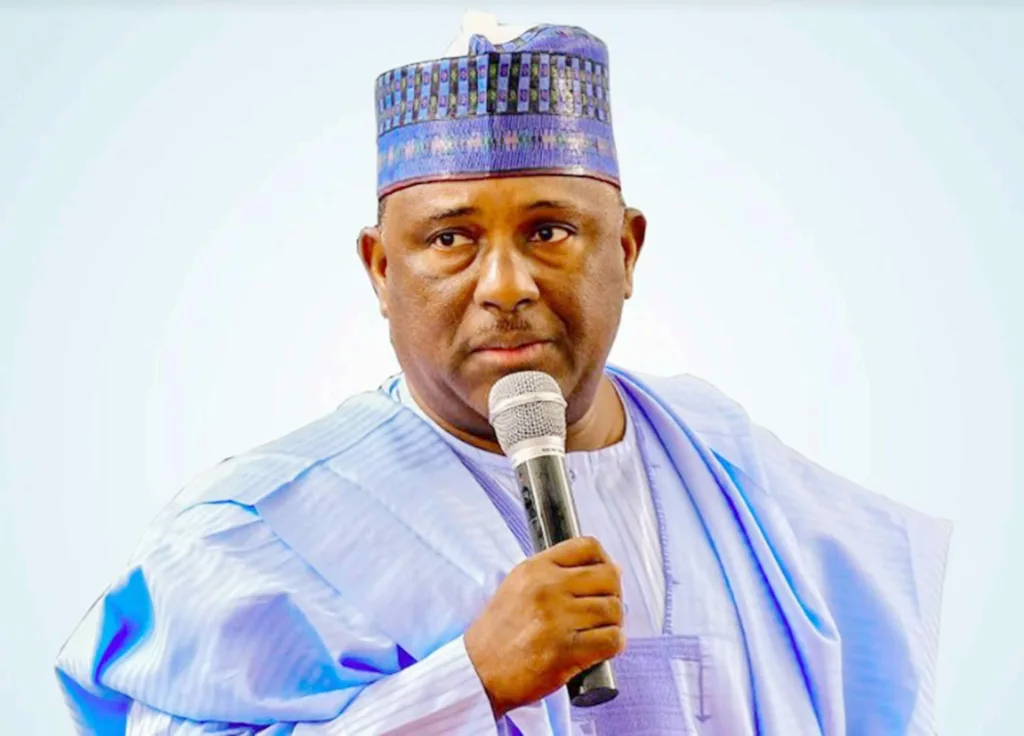


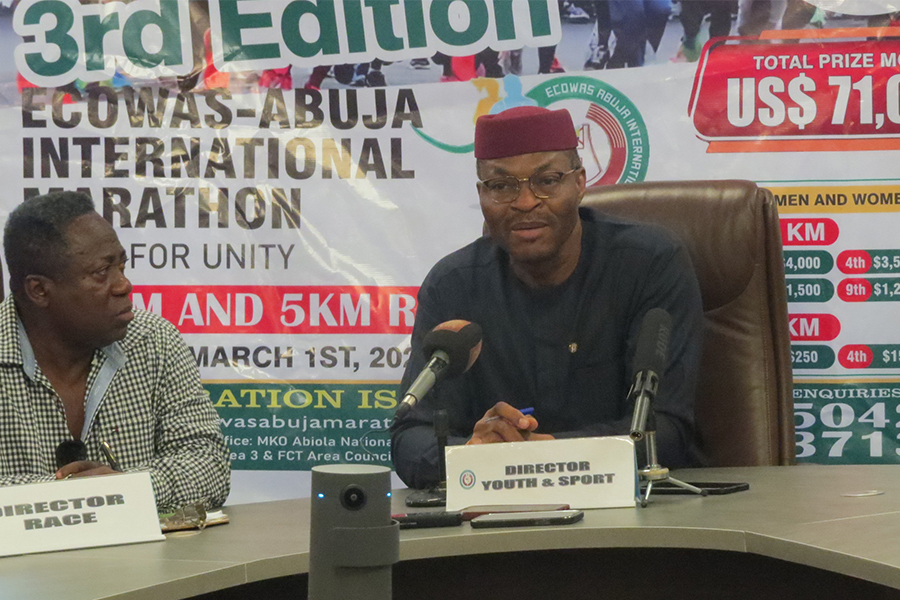

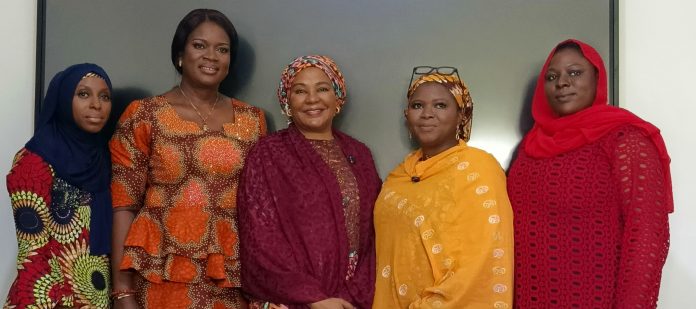
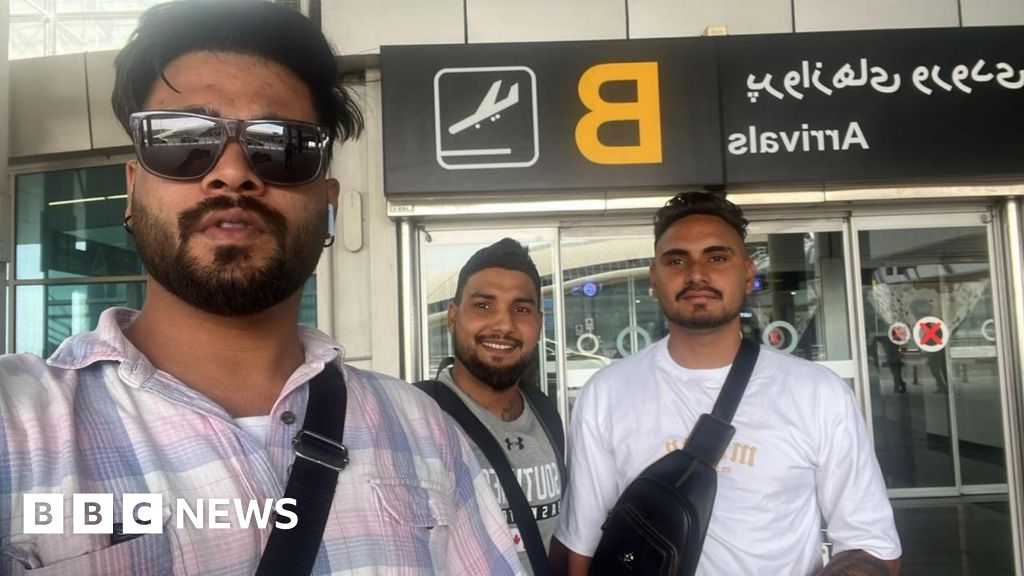
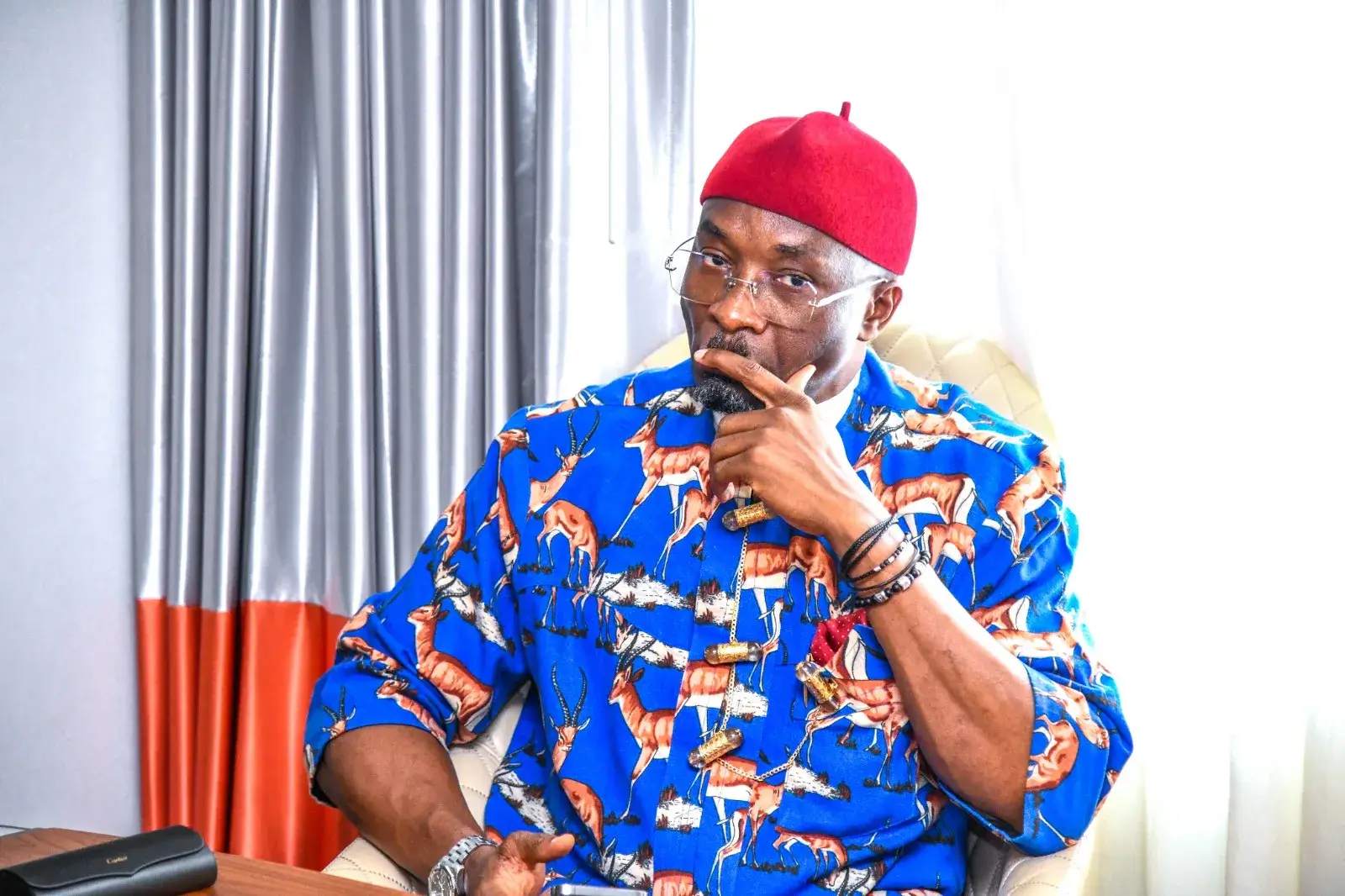



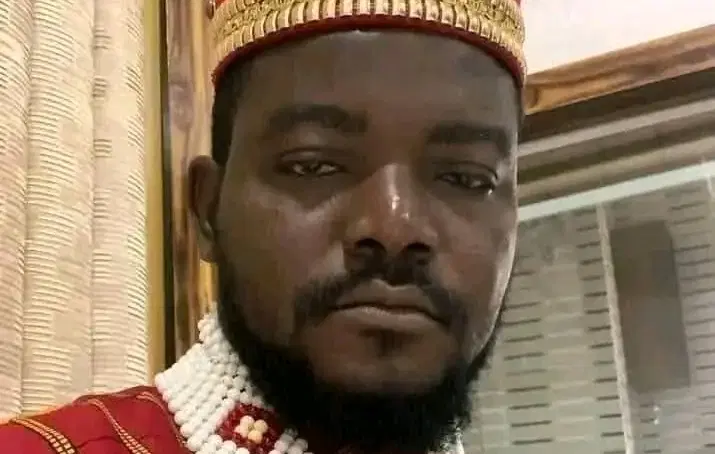
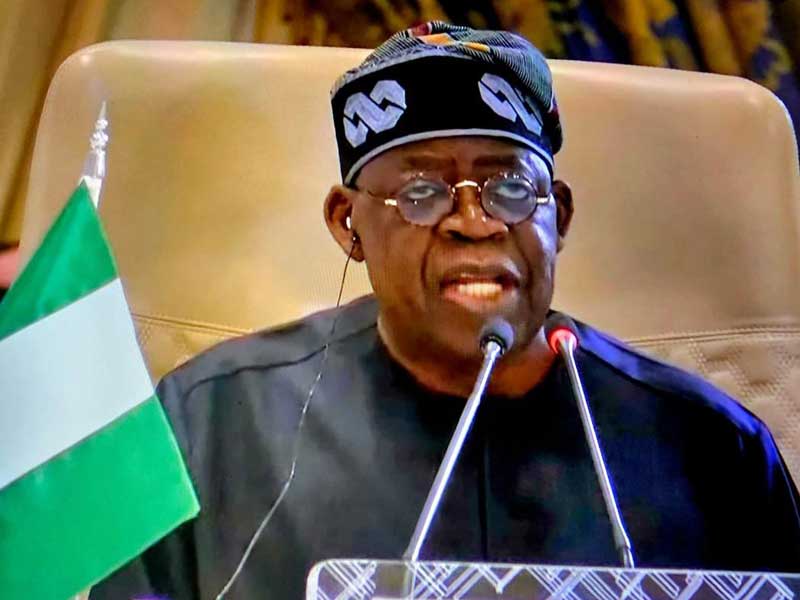
 English (US) ·
English (US) ·